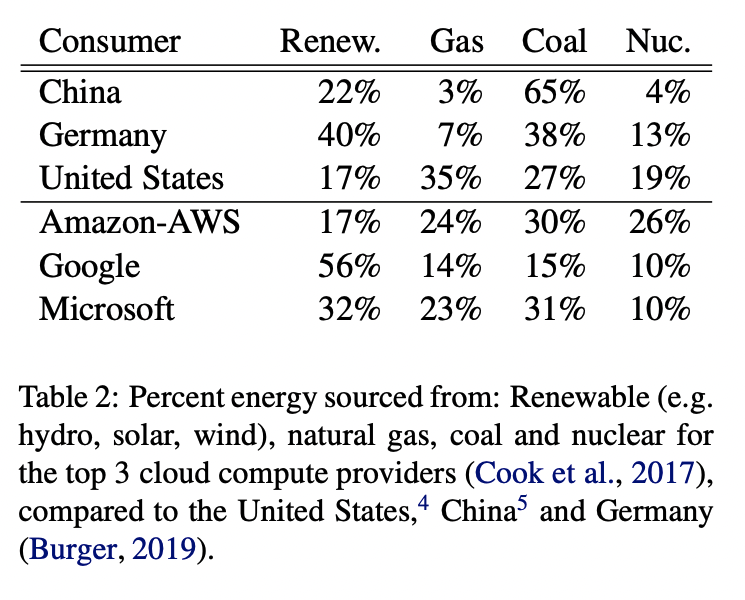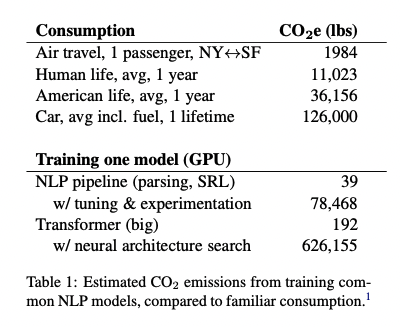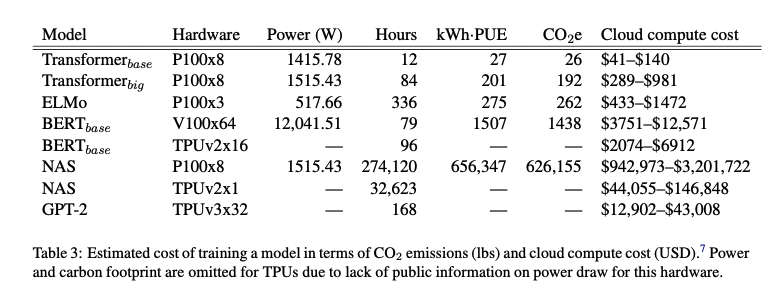Lokalise Goes Green and Other News from the Language Industry
Argos Multilingual and Lokalise Extend Language Technology Partnership
Argos Multilingual, a global language solutions provider, recently announced that it has officially extended its partnership with Lokalise, a popular localization platform. Lokalise has an existing partnership with Venga Global, which was acquired by Argos Multilingual in October 2021; this partnership will now be extended to Argos and Lokalise so that clients of both companies can benefit from their newfound partnership.
This partnership will affect the already significant number of organizations that utilize Argos Multilingual’s language solutions alongside the Lokalise platform. With the newfound partnership, clients will have an easier time collaborating and processing optimization; it will also allow Argos to provide consultation to clients and recommend Lokalise to best fit their needs. Things are looking good for Lokalise, as they have also recently raised 50 million USD in a Series B investment round, which will be utilized to further accelerate hiring, product development, and partnerships. Here’s what Libor Safar, VP of Growth at Argos Multilingual, says about the partnership:
A number of our clients already use Lokalise, and we see a constantly growing interest in the platform. And not just in the high-tech space, but also in other industries such as life sciences, as organizations increasingly invest into digital products for their customers… We share Lokalise’s goal to simplify the localization process and so we’re thrilled to welcome them among our technology partners.
Over at Lokalise, Petr Antropov, CRO, states a similar sentiment:
Building partnerships is one of our key focus areas, and partnerships with Language Services Providers (LSPs) like Argos Multilingual are another big step in helping our customers achieve their goals. Lokalise remains a pure-play technology provider, and as we focus on the further extendibility and openness of the Lokalise platform, our customers and LSPs should be able to both work together effortlessly and connect the machine translation engine or translation memory of their choice.
The Argos-Lokalise partnership attests to the growing interest in and necessity of close collaboration between technology providers and language service providers; combined, these partnerships provide the most optimal localization and platforming services to clients in need of better outreach, service function, and marketing.
Memsource Opens US Data Center for North American Customers
The Prague-based CAT (computer-aided translation) tool company, Memsource, has just opened a second data center in the United States, catering to the growing number of customers in the United States. While Memsource was formerly available only as an EU-based data center, its new development in North America is a sign of the company’s growing presence in the US market. Furthermore, this addition is especially helpful for customers with compliance requirements to store their data in the United States.
From February 22 this year, new customers can choose between using Memsource’s EU data center or the US data center upon registering for service. Accounts created for the US data center will reside completely and only in the US, and no data will be shared with the EU data center; the opposite stands true. Martin Švestka, director of product management, says this about the new center: “Letting new customers choose where their data is stored is in line with our commitment to raising the bar for security and compliance standards in the translation world.”
The new center is beneficial for customers dealing with compliance requirements, as some US organizations require their data to be stored domestically. The data centers are completely separate cloud infrastructures, between which there is no data sharing, integration, or migration path. Not only that, but the new center also improves performance without transatlantic latency impacts for North American customers. Likewise, new customers in East Asia are expected to see increased performance if they choose the US data center.
Lokalise Goes Green with Its Carbon-Neutral Localization
In line with the current climate change crisis, Lokalise—a Riga-based localization and translation service provider—has become the first major translation management platform to go carbon neutral. It’s a title not many companies can boast in their field, as well as a title that will become more and more important in the coming years.
In a blog post, VP of Engineering Elliot Kim explains how he has pushed the company in a greener direction, thanks to the help of similar-minded people and the company’s willingness to do its part for the environment. Not only will Lokalise’s shift into carbon neutrality attract more customers who are keen to work with eco-friendly companies, but it also signifies the translation industry’s participation in the global movement towards climate-friendly policies.

Image credits: Strubell et al., “Energy and Policy Considerations for Deep Learning in NLP”
Kim further elaborates on the company’s decision to go green, citing one of the company’s values: “Take ownership. Optimize for impact.” Kim then explains how, “within weeks” of suggesting the idea, “a group spread across nine countries organized their efforts to research the topic, interviewed sustainability experts, and calculated our carbon footprint.” He, alongside other proponents of the change, pitched their idea to the company founders and the rest of the management.
This begs the question: how does Lokalise exactly plan to make this change? Kim further expounds on this topic; first, they plan to opt into the Stripe Climate initiative, which automatically funnels a percentage of the company revenue into high-quality carbon removal projects. “But that’s not enough,” says Kim, noting how there are variable costs to be considered when donating to Stripe, making it hard for Lokalise to predict exactly how much money is being spent to help with climate change. As a result, Lokalise will start to calculate its carbon footprint on a quarterly basis; in the case its commitment to Stripe Climate fails short, the company will find other high-quality ways to offset it. Finally, the company offers three additional ways in which they’re reducing their carbon footprint:
- When we travel, we’re encouraging land-based options over flights (air travel emits more than 3x the amount of carbon as a train per unit of distance).
- New employees have always had a budget to set up their home office. Now they can choose to donate a percentage of their budget to planting trees.
- We’re going to institute a preference for vendors that share our commitment to reducing carbon in the atmosphere.
Lokalise hopes that other companies—especially its fellow enterprises in the translation industry—join them in their efforts to do their part.
After all, language service providers operate and utilize numerous NLP models, which consume much energy and emit a surprisingly large amount of carbon emissions. Researchers at the University of Massachusetts Amherst found that models are “costly to train and develop, both financially, due to the cost of hardware and electricity or cloud compute time, and environmentally, due to the carbon footprint required to fuel modern tensor processing hardware.” In terms of numbers, an off-the-shelf AI language-processing system produced 1,400 pounds of emissions, which is the equivalent of one person flying roundtrip to and fro New York and San Francisco. If we take into account experiments needed to build and train AI language systems from scratch, that number goes up to 78,000 pounds of carbon dioxide: twice as much as what the average American exhales over an entire lifetime.

Image credits: Strubell et al., “Energy and Policy Considerations for Deep Learning in NLP”

Image credits: Strubell et al., “Energy and Policy Considerations for Deep Learning in NLP”
Building on this, a study by researchers at the Manipal Institute of Technology found that, among popular language pairs between English, French, and German, languages paired with English were the most carbon intense. The emissions correlate directly with better performance. There hasn’t been research done into what exactly causes the differences in emissions, and neither is there research for carbon emissions of low-resource language pairs.
Lokalise is building on the work of these researchers, carrying out in real life what needs to be done, as suggested by the shocking results of these researches into a greener AI ecosystem. Researchers at the Allen Institute for AI, Carnegie Mellon University, and the University of Washington have proposed that companies utilizing or developing artificial intelligence follow principles of “Green AI”: a paradigm in which efficiency is a major evaluation criterion alongside accuracy and related measures. This is in contrast to previous paradigms which focused mainly on obtaining “state-of-the-art results in accuracy through the use of massive computational power—essentially “buying” stronger results.” In the authors’ words:
The vision of Green AI raises many exciting research directions that help to overcome the inclusiveness challenges of Red AI. Progress will reduce the computational expense with a minimal reduction in performance, or even improve performance as more efficient methods are discovered. Also, it would seem that Green AI could be moving us in a more cognitively plausible direction as the brain is highly efficient.
It’s time to start thinking differently, as Lokalise does: moving toward a greener infrastructure of growth.
References
https://slator.com/argos-multilingual-lokalise-extend-language-technology-partnership/
https://www.argosmultilingual.com/blog/argos-multilingual-and-lokalise-extend-language-technology-partnership
https://slator.com/memsource-caters-to-us-based-customers-with-a-us-data-center/
https://help.memsource.com/hc/en-us/articles/4414968690706-Data-Centers
https://lokalise.com/blog/carbon-neutral-localization/
https://slator.com/which-language-pair-emits-most-carbon-machine-translation/
https://arxiv.org/abs/2109.12584
https://arxiv.org/abs/1906.02243
https://arxiv.org/abs/1907.10597